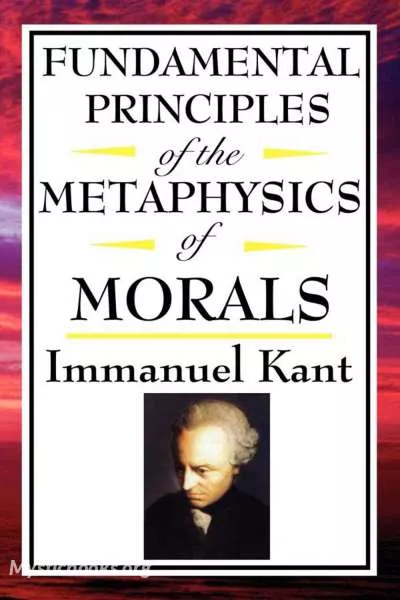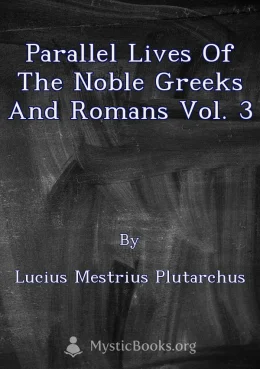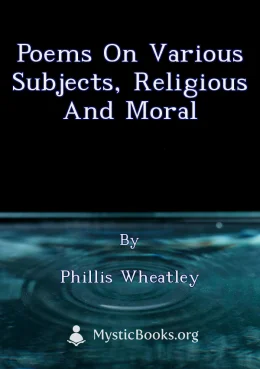
The Fundamental Principles of the Metaphysic of Morals
'The Fundamental Principles of the Metaphysic of Morals' Summary
Kant purposes to lay bare the fundamental principle of morality and show that it applies to us. Central to the work is the role of what Kant refers to as the categorical imperative, the concept that one must act only according to that precept which he or she would will to become a universal law. He provides a groundbreaking argument that the rightness of an action is determined by the principle that a person chooses to act upon. This stands in stark contrast to the moral sense theories and teleological moral theories that dominated moral philosophy at the time of Kant's career.
The Groundwork is broken into a preface, followed by three sections. Kant's argument works from common reason up to the supreme unconditional law, in order to identify its existence. He then works backwards from there to prove the relevance and weight of the moral law. The book is famously obscure and it is partly because of this that Kant later, in 1788, decided to publish the Critique of Practical Reason.
Book Details
Language
EnglishOriginal Language
GermanPublished In
1785Authors

Immanuel Kant
Prussia
Immanuel Kant was a German philosopher and one of the central Enlightenment thinkers. Kant's comprehensive and systematic works in epistemology, metaphysics, ethics, and aesthetics have made him one o...
Books by Immanuel KantDownload eBooks
Listen/Download Audiobook
- Select Speed
Related books

The Essentials of Spirituality by Felix Adler
This recording contains four addresses of Felix Adler (1851-1933) concerning spirituality from the perspective of Ethical Culture, an educational and...

Character Building by Booker T. Washington
Character Building is a compilation of speeches, given by Mr. Booker T. Washington, to the students and staff of the Tuskegee Normal and Industrial In...

Unter Tieren by Manfred Kyber
In "Unter Tieren," Manfred Kyber delves into the intricate world of animal behavior, offering a unique perspective that bridges the gap between humans...

St. John Chrysostom on 1 Timothy by St. John Chrysostom
This book presents a collection of homilies delivered by Saint John Chrysostom, a renowned theologian and preacher of the Eastern Church, on the First...

Meditaciones by Marcus Aurelius
Meditations is a series of personal writings by Marcus Aurelius, a Roman emperor who reigned from 161 to 180 AD. The book is a collection of thoughts...

Children's Bible by Henry A. Sherman
This book, "Children's Bible" by Henry A. Sherman, presents a collection of Bible stories tailored for young readers. It simplifies complex biblical n...

Trostschrift an Marcia by Lucius Annaeus Seneca
Lucius Annaeus Seneca (4 v. Chr.–65 n. Chr.) gibt stoische Grundsätze zum Tod und zur Trauer. Übersetzung durch Albert Forbiger (1798-1878) von 1867....

Вехи-Сборник статей о русской интеллигенции (Vekhi) by Nikolai Berdyaev
«Вехи» — сборник философских эссе, написанных группой русских интеллектуалов в 1909 году. Авторы анализируют своё участие в революции 1905 года и кри...

Parallel Lives of the Noble Greeks and Romans Vol. 3 by Lucius Mestrius Plutarchus
This volume, part of Plutarch's comprehensive 'Parallel Lives', focuses on the lives of two pairs of notable figures: Pericles and Fabius Maximus, and...

Poems on Various Subjects, Religious and Moral by Phillis Wheatley
Phillis Wheatley's "Poems on Various Subjects, Religious and Moral" is a landmark work of poetry that offers a complex and nuanced reflection of her l...
Reviews for The Fundamental Principles of the Metaphysic of Morals
No reviews posted or approved, yet...